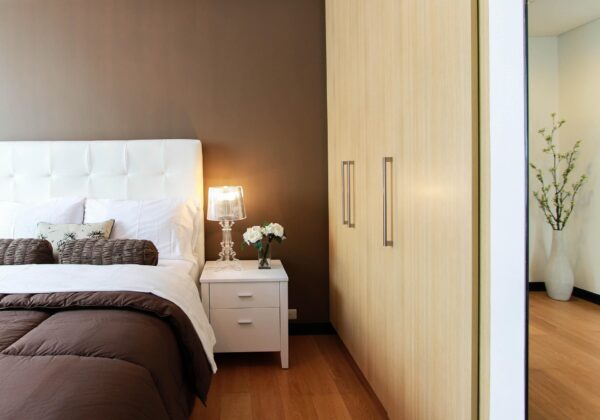Pete Crascall, Clinical Director
The paradox of disconnection in a connected world
The last 15 years have completely reshaped how we interact with our world. We can now work, shop, and even socialise without leaving our homes or speaking to a single person. And this can work fantastically for some. However, for others, while this technological shift has created convenience, it has also ushered a crisis of disconnection – one that the COVID-19 pandemic has only accelerated.
And while many of us are grateful for the flexibility and autonomy this new world brings, we can’t ignore the psychological consequences that appear for some. In creating a physical connection-deprived environments, some may be building the conditions that exacerbate poor mental health.
Loneliness: an invisible driver of distress
It’s important to recognise that loneliness is more than just being physically alone. It can happen in crowded rooms, within families, and even in relationships. In fact, the way many of us live – especially in large, anonymous cities – is completely at odds with our tribal origins. From an anthropological perspective, we’re social creatures wired for connection. But in today’s society, some people find themselves in vast populations while feeling deeply alone.
That said, connection looks different for everyone – and it’s essential we don’t confuse solitude with loneliness, and force our own opinions of what is a ‘perfect’ level of connection on anyone else. For some, a small, close-knit circle – perhaps a partner, some family members, and a pet or two – is more than enough. Especially for those that identify as introverted … large groups and constant socialising can feel overwhelming and exhausting, not at all energising. We must be careful not to prescribe connection as a one-size-fits-all solution, but rather understand what meaningful connection looks like for each individual.
This matters. Because social connection isn’t just a “nice to have”. Social connections are a protective factor for both mental and physical health. We know that people with strong support systems are not only less likely to experience depression and anxiety, but also enjoy better physical outcomes and even increased longevity.
Yet many common mental health conditions are introspective by nature. When someone is overwhelmed by their own internal world, it can feel difficult or even unsafe to reach outwards. The result is a cycle of low mood or anxiety reduces social engagement, which in turn deepens the sense of isolation. Over time, this erosion of connection makes recovery even harder.
Why connection is central to the Orchestrate Health approach
I am a firm believer that community-based mental health care must place connection at its core. And that means more than just offering home-based therapy … it means building (or rebuilding) relationships that can support long-term recovery.
In a hospital or clinic setting, patients often make significant gains, but the transition home can be disorienting. The challenge isn’t always the therapy itself, but how to apply those gains in the real world. In family systems, workplaces, and social networks that may not yet understand or support that progress.
That’s where at-home treatment offers a distinct advantage. By working with patients within their daily environment, we can observe relational dynamics in real time and offer meaningful support. If a patient is surrounded by family who want to help but don’t know how, we can provide psychoeducation. If a patient has no current support system at all, we can help curate one, from peer networks to local groups that foster inclusion and shared understanding.
This is mental health treatment where life happens. Not in a vacuum, not behind clinic walls … but embedded in the day-to-day relationships that shape who we are.
Reconnection as a form of healing
True recovery is about reconnection with others, but also with ourselves; our confidence, our values, and our sense of purpose.
As clinicians, we must be attuned to the social realities of those that we support. That means not only treating the individual, but working with the wider system that surrounds them. We can’t always control the environments our patients come from, but we can certainly help shape the ones they return to.
And when we do that well, we don’t just treat mental health conditions. We help people reclaim lives that feel whole, supported, and truly connected.
If you or someone you support could benefit from discreet, connection-centred care at home, get in touch with our team to learn how we can help.





